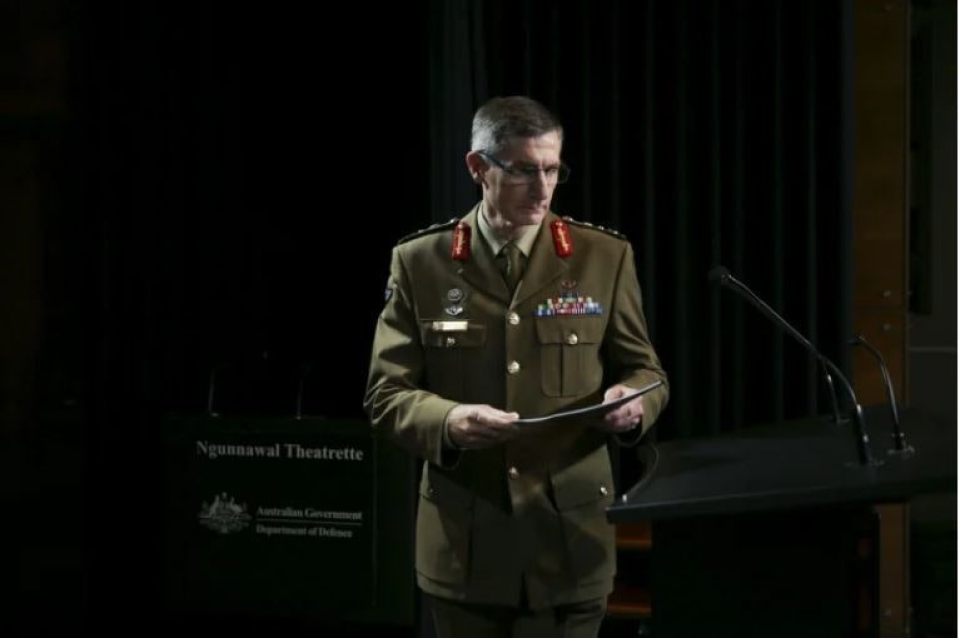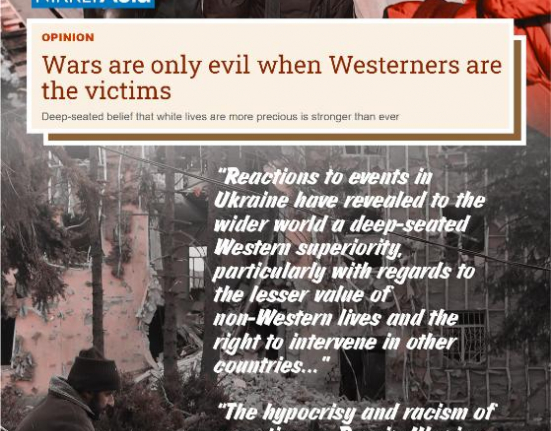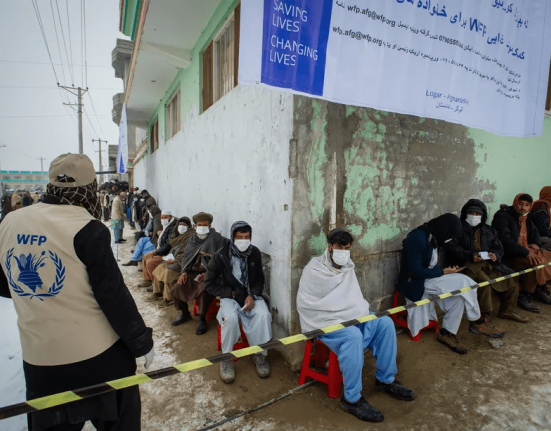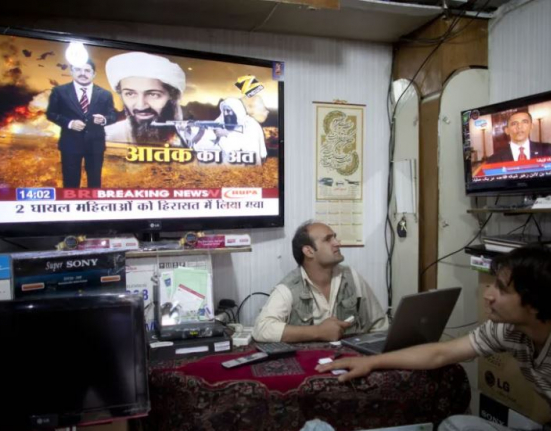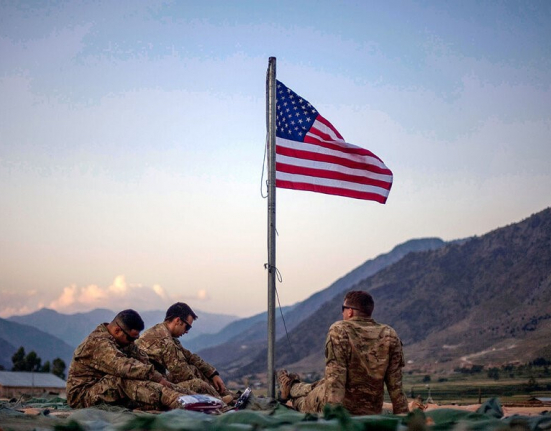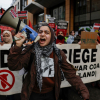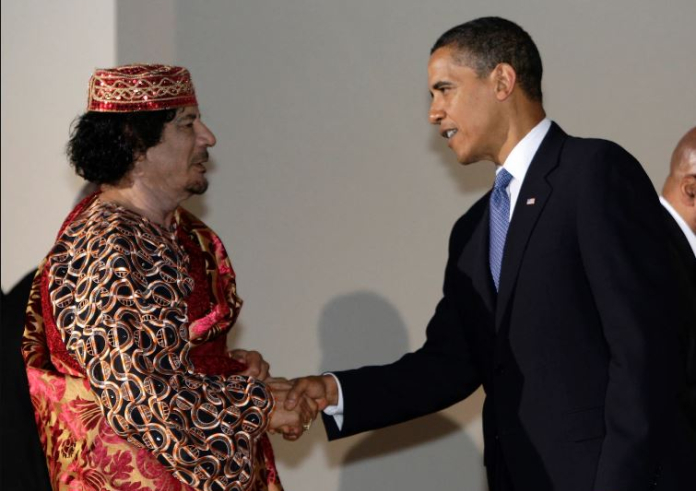By : Fiona Nelson , Sydney Morning Herald
It is just on 12 months since the Chief of the Australian Defence Force announced the findings of the four-year Afghanistan Inquiry.
The tone of that day was serious, solemn, repentant. In front of a large, black, almost funereal curtain, ADF Chief Angus Campbell apologised to the people of Afghanistan and Australia.
The heavily redacted Brereton report had found credible evidence of war crimes by members of Australian special forces including the unlawful killing of prisoners.
A week earlier, Scott Morrison had warned Australians to brace for the brutal truths that were about to emerge. He announced the establishment of the independent Office of the Special Investigator to undertake criminal investigations and refer cases for prosecution.
So far, so dignified. Australia was poised to do what its US and British allies had failed to do: to frankly and comprehensively reckon with crimes committed against Afghans during the 20-year conflict.
A few years ago I worked on cases of suspected war crimes by British forces in Iraq. I helped write submissions to prosecutors at the International Criminal Court. My colleagues and I documented the failure of British authorities to address systemic abuses and the deeply worrying rhetoric from the government denouncing what it wrongly insisted were “spurious claims” from Iraqis and their representatives.
There couldn’t possibly be any truth to those claims, so the argument went, since the British military was made up of “the best of the best”. Hard evidence, including photos taken by British soldiers of horrific abuse of prisoners, was simply ignored: a masterclass in governmental gaslighting.
Regrettably it seems that some in this country have been tempted to follow the British lead. The solemn mood of post-Brereton Australia was dispelled by Peter Dutton less than a month into his new role as defence minister. Dutton publicly overruled the army’s decision to accept the Brereton report’s recommendation on revoking the meritorious unit citation for Special Operations Task Groups who served in Afghanistan between 2007 and 2013.
Morrison also backtracked. The Brereton report recommended that Australia pay compensation to victims and their families, and that this should be done without delay. Two days after the report was published, the prime minister indicated that compensation was not a matter being considered by the government.
Why not? He didn’t say. A few months later, Australia completed its diplomatic and military withdrawal from Afghanistan, massively complicating the still pending task of arranging payments to families who had lost breadwinners and suffered untold pain.
Outside the government, commentators and political hopefuls attempt to make hay by noisily opposing accountability for military wrongdoing. The phrase “the best of the best” has been bandied about. Journalists are hounded, sued and even subjected to criminal investigation for daring to write stories about possible war crimes. One former officer who has given evidence on suspected war crimes had to be relocated with her family earlier this year after her home was targeted and her windows blown in.
As for the defence department, its Afghanistan Inquiry Reform Plan adopts a euphemistic tone that belies the seriousness of the inquiry’s findings. Brereton found evidence of unlawful killing and cruel treatment of prisoners as well as what is described as “possibly the most disgraceful episode in Australia’s military history”. It is jarring, then, that the defence reform plan does not mention war crimes at all.
Instead, it talks of “transformational reform” and the “modernisation” of doctrine and training. The humane treatment of persons deprived of their liberty has been a fundamental cornerstone of the law of armed conflict for centuries. You don’t need especially modern doctrinal training to know that shooting prisoners in cold blood is unlawful.
This defence doublespeak is in stark contrast to the dignified courage of those who have worked to lay bare the difficult truth: whistleblowers, journalists and those Afghan witnesses who have to date had the chance to give their testimonies.
The Office of the Special Investigator has indicated that its investigations are not limited to the cases referred to it by Brereton inquiry and that it is exploring “a variety of other sources and allegations”. This is a welcome development, especially as the Brereton report glossed over several concerning matters. These include the need to examine the potential criminal liability of those higher up in the chain of command, the practice of shooting “squirters” i.e. anyone of interest seen running away from a compound, and the role of legal officers in falsifying reports and covering up crimes.
One eventful year later, Australia still very much has the potential to do the right thing – to prosecute those most responsible and to allow an honest public reckoning of what happened in Afghanistan. Such an exercise in truth-telling is crucial for the Australian public, for the ADF and for the Afghan people who have endured so much and waited for too long for some measure of justice.

Brereton found evidence of unlawful killing and cruel treatment of prisoners as well as what is described as “possibly the most disgraceful episode in Australia’s military history”. The Brereton report recommended that Australia pay compensation to victims and their families, and that this should be done without delay.

